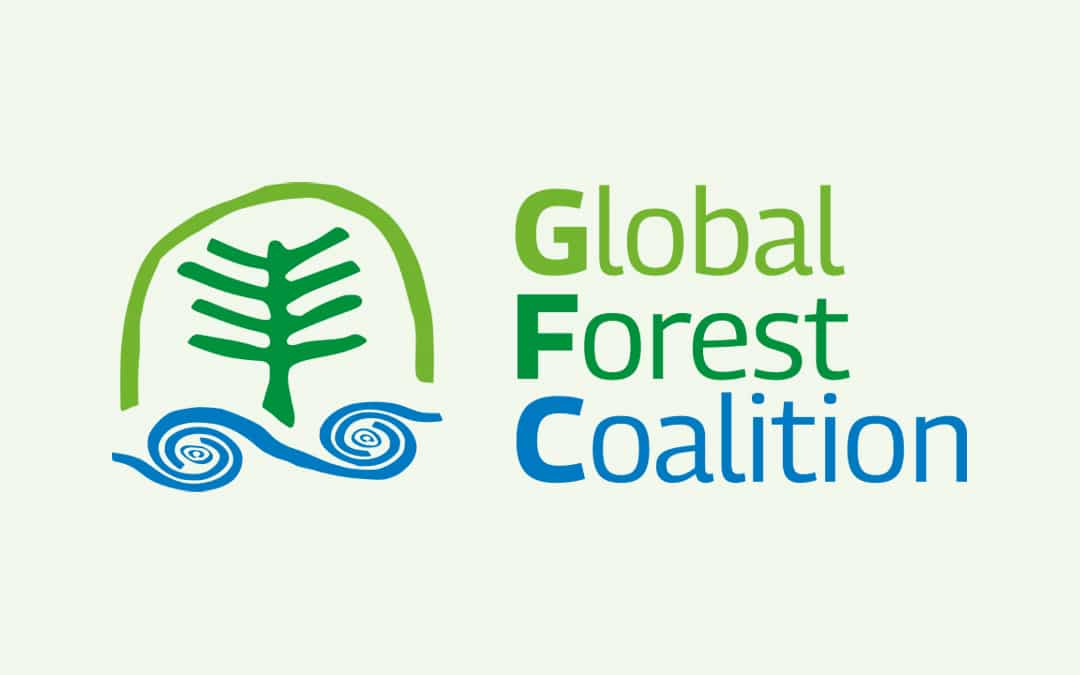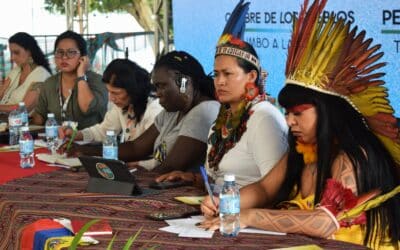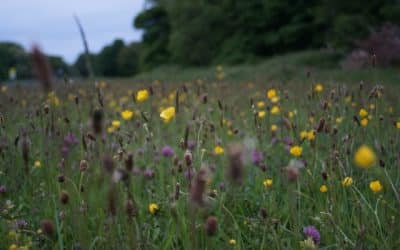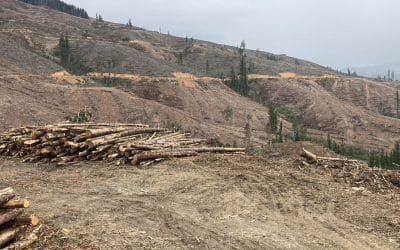By Andrey Laletin
An international conference, ‘From Rhetoric to Action: Scaling up Community and Indigenous Peoples’ Land and Resource Rights’, was organised in Bern, Switzerland, 30 September-1 October 2015. It was co-organised by Rights and Resources Initiative, International Land Coalition, Oxfam and Helvetas Swiss Intercooperation, and there were more than 150 participants from many countries.
This is the second such conference. In 2013, almost 200 participants came together in the town of Interlaken, Switzerland to devise strategies to strengthen collective efforts to address these challenges and capitalise on current opportunities to scale up community land rights around the world. That conference also brought together a wide diversity of stakeholders—including governments, local communities, Indigenous Peoples’ Organisations, food and resource companies, and conservation groups—and resulted in a number of new collaborations that have led to significant gains being made in terms of advancing the community land rights agenda.
Building on its Interlaken predecessor, the Bern Conference was premised on the realisation that the time has come to move from advocacy and awareness raising to actual implementation. As recent international commitments and pledges have shown in the Sustainable Development Goals adopted by the UN General Assembly in September 2015, the importance of secure land and resource tenure rights is increasingly spoken of as a mainstream concern and a global development priority. But the shift from rhetoric to action has yet to take place and in order to effectively advance the community land and resource rights agenda, more attention needs to be paid to the implementation of commitments. In addition industry is using spaces such as the New York Declaration to actually undermine attempts to move to zero deforestation by 2020.
On 30 September there was an opening plenary where leaders of the organising committee gave welcome remarks and Vicky Tauli-Corpus, UN Special Rapporteur on the Rights of Indigenous Peoples, gave a keynote address. Speakers during the day focused on how Indigenous Peoples and communities make and use maps to protect their lands and the main focus was on challenges with respect to making and using maps in different countries.
Side events included workshops on ‘Building Momentum towards the Global Call for Action on Indigenous and community Land Rights’ that was organised by the Steering Group of the Call to Action. They plan to have an official launch in February 2016 and are focusing on struggles and advocacy efforts in Cameroon, Uganda, Indonesia, Philippines, Nepal, Peru and other countries. The aim of the Call to Action is to engage and mobilise communities, organisations, governments and individuals worldwide in promoting stronger land rights for Indigenous Peoples and local communities. Those interested can publicly support the Call, stay informed and help draw attention to the issue through an online platform, which they can also link to via social media and engage in—and coordinate—solidarity actions. To support the Call to Action, go to www.landrightsnow.org
The next day was devoted to plenary sessions. In the morning there was an Indigenous People’s Panel which focused on the influence of climate change on panellists’ communities, and climate mitigation and adaptation measures, including the implications of REDD+ in different countries and regions. Panellists explained the plans Indigenous Peoples have made to strengthen their positions with respect to climate policies and how they propose to scale up recognition of their rights. This was followed by three regional sessions devoted to securing tenure rights in Latin America (especially in Colombia and Peru), Africa (especially in DRC, Cameroon and Liberia) and Asia (especially in India and Indonesia).
This conference was an important event and I hope that all its participants will follow the conference motto and move ‘from rhetoric to action’.
Andrey Laletin is a GFC Regional Resource Person




